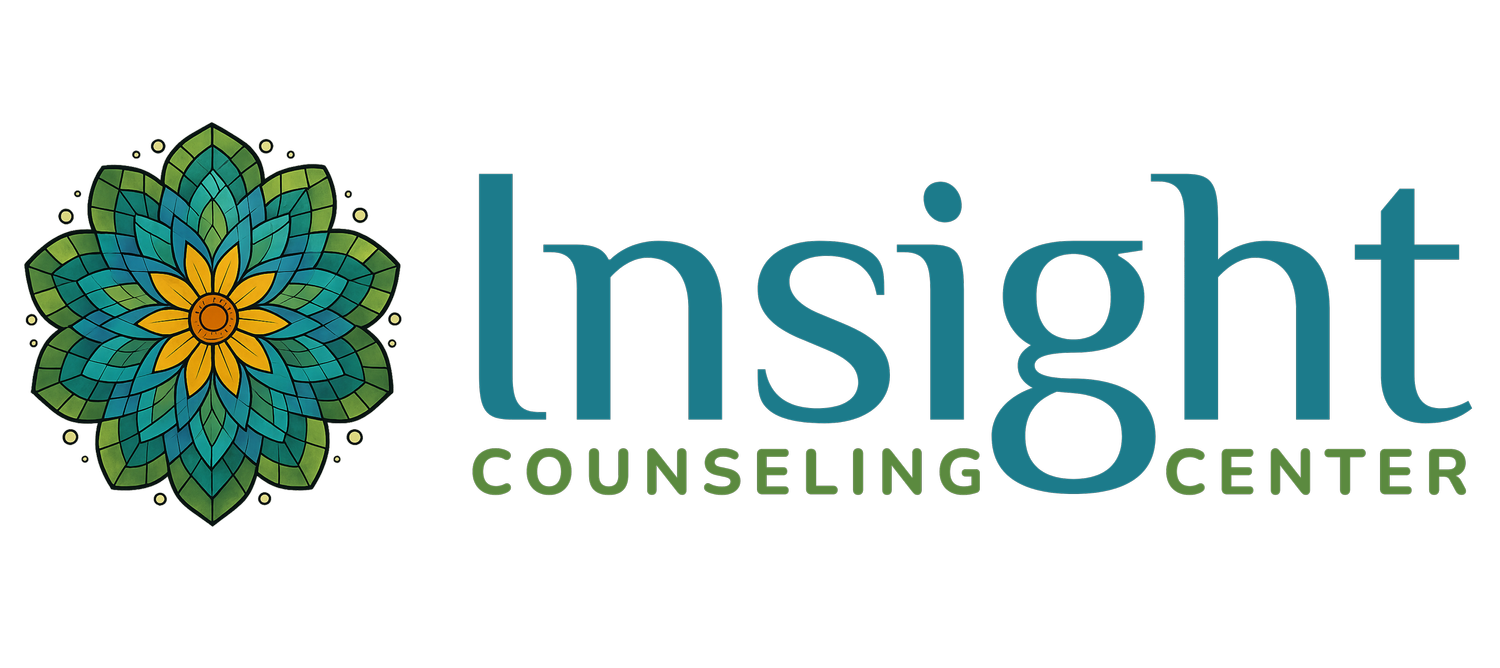
What is Cognitive Behavioral Therapy?
The core principles of CBT include the following:
Thoughts affect how we feel and act
Emotions affect how we think and act
Behaviors affect how we think and feel
Cognitive behavioral therapy (CBT) is a form of psychotherapy that focuses on modifying dysfunctional emotions, behaviors, and thoughts by interrogating and uprooting negative or irrational beliefs. Considered a "solutions-oriented" form of talk therapy, CBT rests on the idea that thoughts and perceptions influence behavior.
Feeling distressed, in some cases, may distort one’s perception of reality. CBT aims to identify harmful thoughts, assess whether they are an accurate depiction of reality, and, if they are not, employ strategies to challenge and overcome them.
CBT is appropriate for people of all ages, including children, adolescents, and adults. Evidence has mounted that CBT can address numerous conditions, such as major depressive disorder, anxiety disorders, post-traumatic stress disorder, eating disorders, obsessive-compulsive disorders, and many others.
CBT is a preferred modality of therapy among practitioners and insurance companies alike as it can be effective in a brief period of time, generally 5 to 20 sessions, though there is no set time frame. Research indicates that CBT can be delivered effectively online, in addition to face-to-face therapy sessions.
CBT treatments include changing our way of thinking through:
Recognizing irrational thought patterns
Understanding the behavior of others
Developing skills to cope with difficulties
Growing trust in self
Learning to face fears
Role playing to develop coping skills

